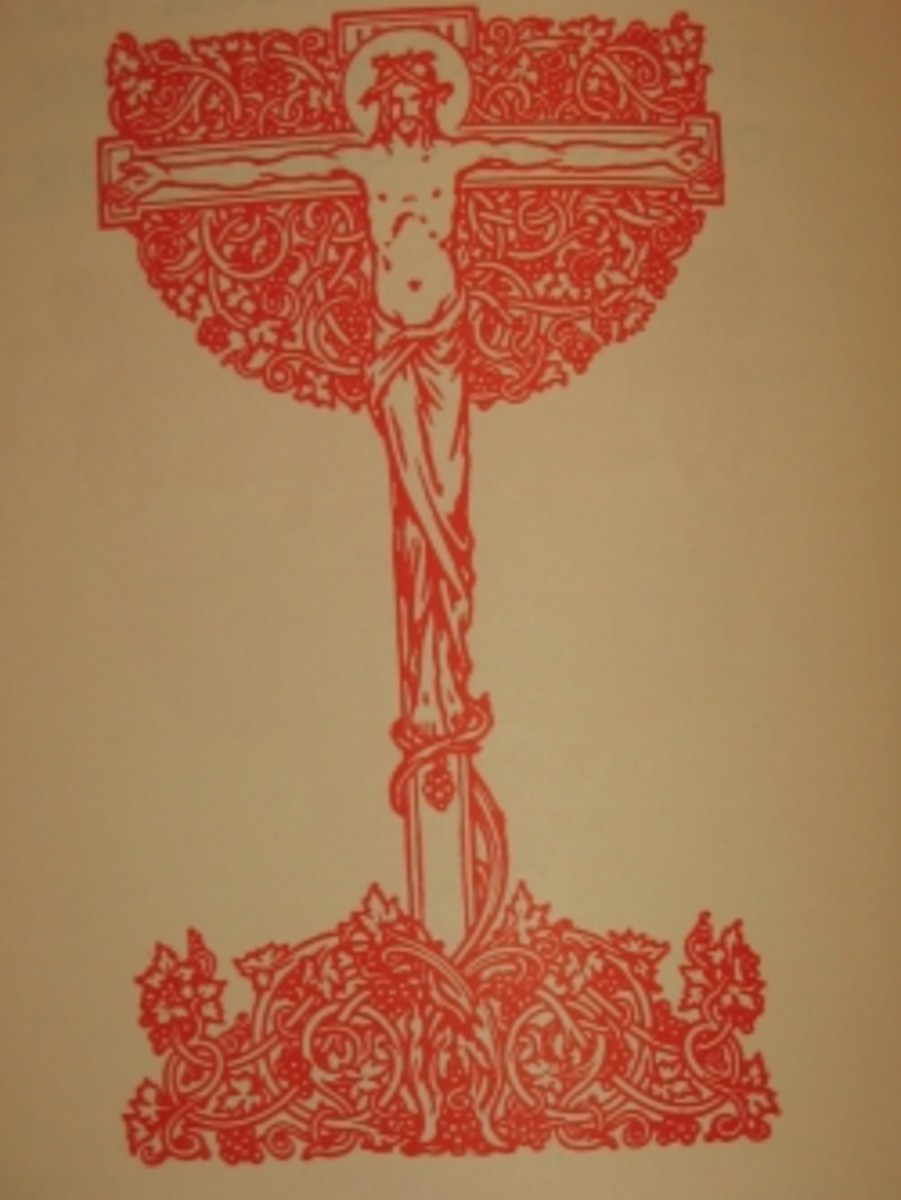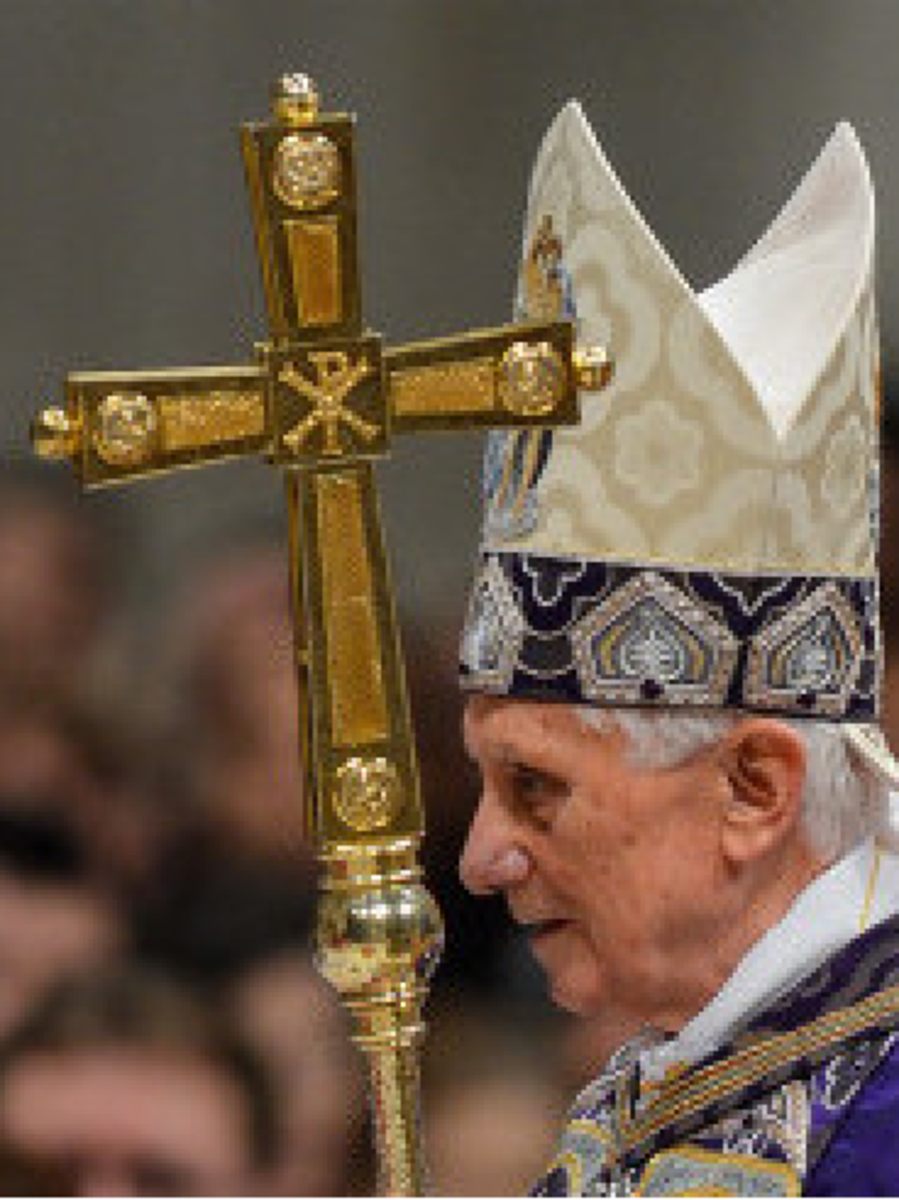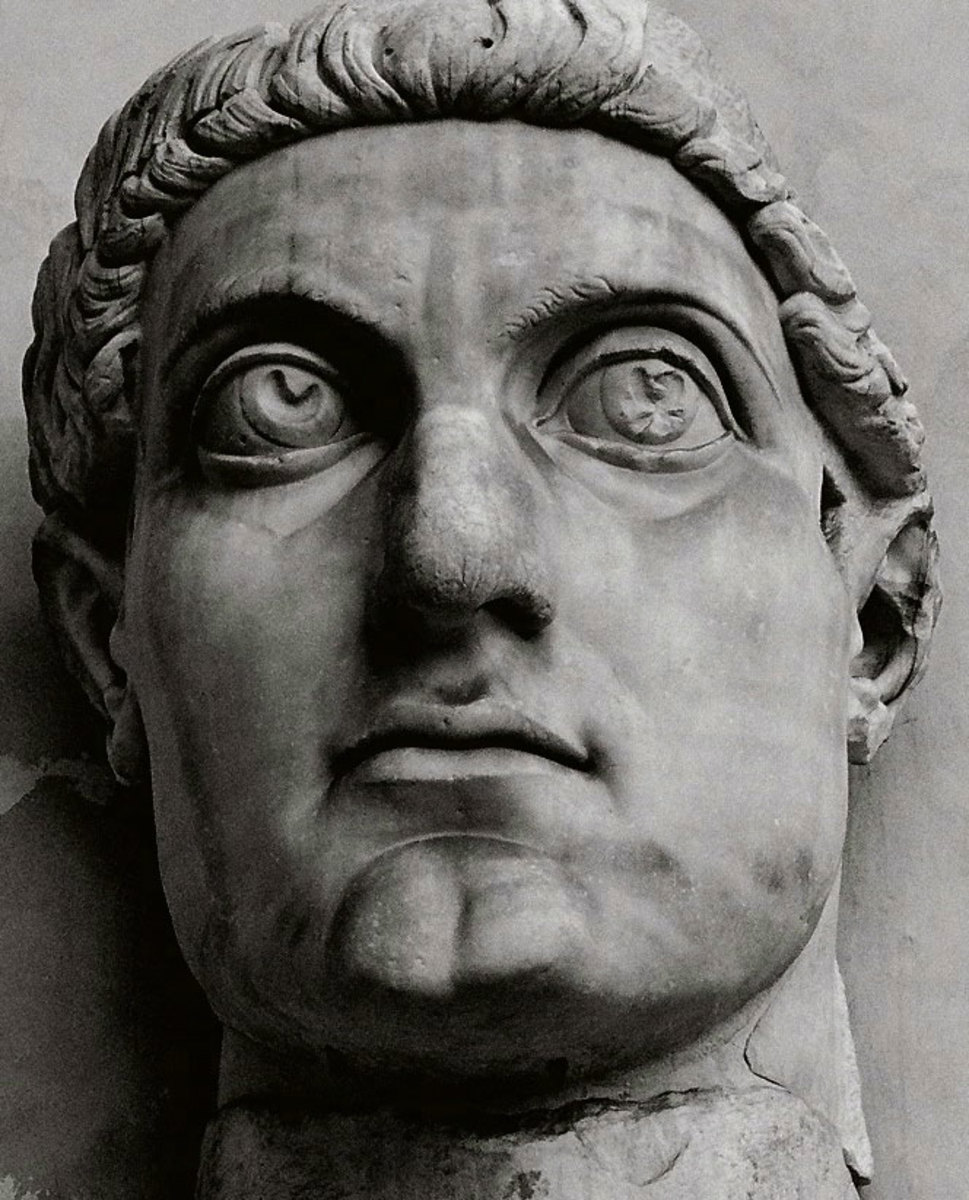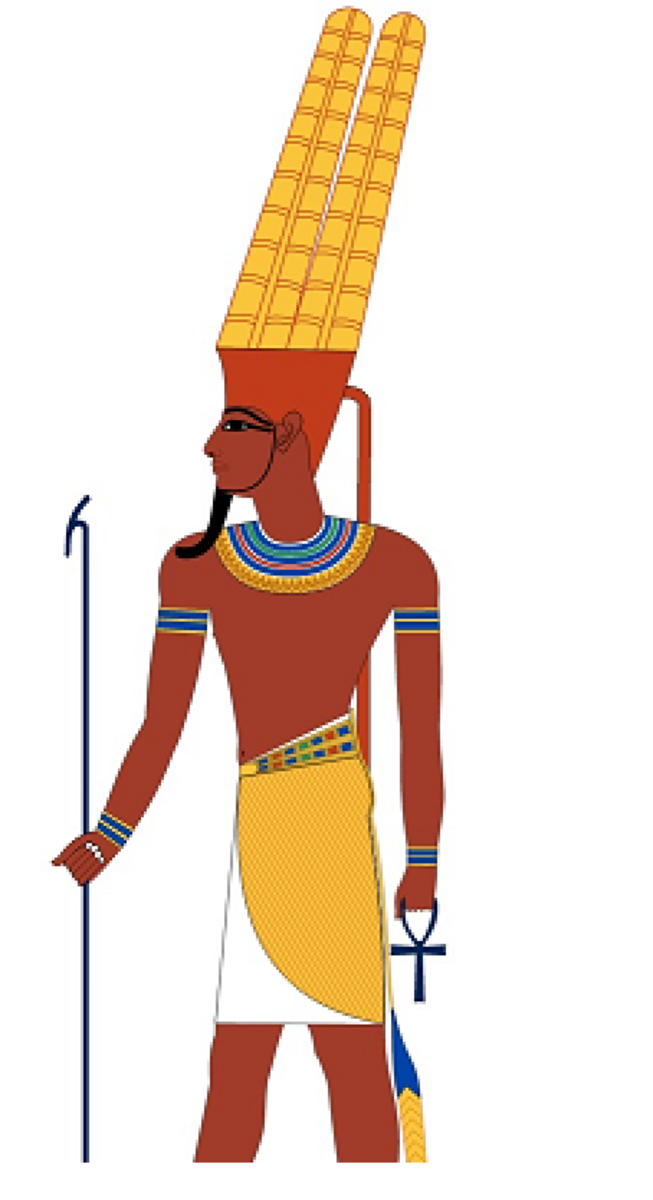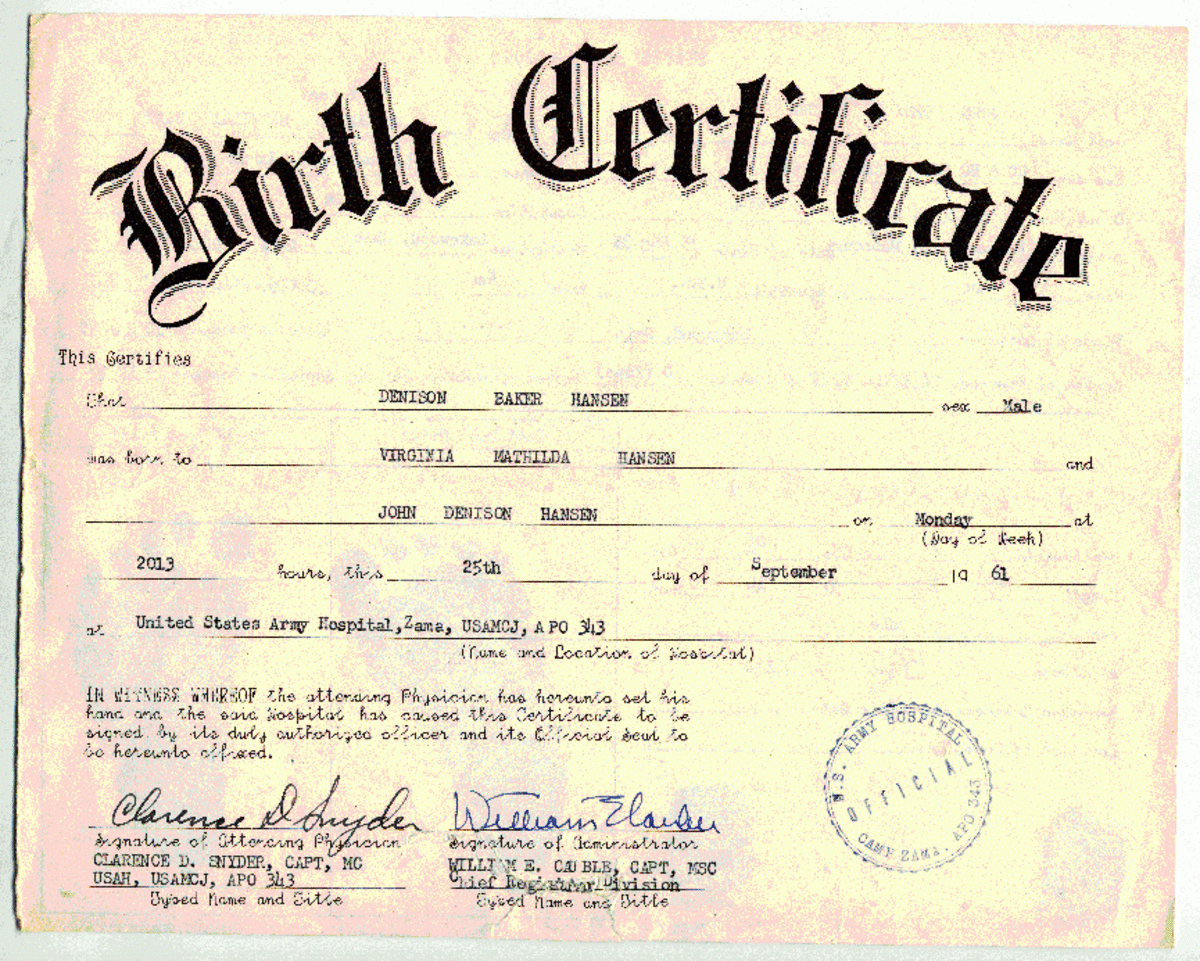Christian Roots, Part1
Origen Adamantius- Philosopher/Theologian
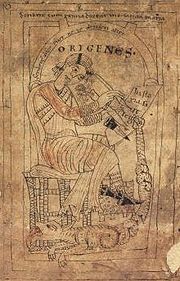
A Great Theologian who Helped Inspire Christian Doctine
Origen Adamantius was an Alexandrian born citizen born around 185 AD. He was raised and educated by his father Leonides whom bestowed him with a Hellenistic principles education. He eventually became a teacher, later in life becoming one of many early Christian Scholars and theologians of the time period. Origen is considered to be an Early father of what we know now as Christianity. He is said to be responsible for the reviving of the Catechetical school of Alexandria.
During his teaching and lecturing career, using knowledge of a keen understanding of the Hebrew language, it is said he produced a corrected version of the Septuagint. Also he was responsible for creating many commentaries on many of the Books of what we know today as the Holy Bible. In a work called, De Principiis, he is said to have compositioned the first philosophical explanations of early Christian doctrine.
Origen was labeled a Neo-Pythagorean, Neo-Platonist and a believer in the reincarnation of the soul in stages before reuniting with the Creator (God). He was considered to be one of the Ante-Nicene Fathers.
Origen was involved in the creation of what is now known as the Nicene Creed, an Othordoxian prayer practiced even to this day.
At some point in his life after the passing of his father, he relocated to Caesarea Maritima, known as Palestine. Eventually he himself past on there around 254 AD
For more in depth biographical information pertaining to Origen Adamantius go to:
http://en.wikipedia.org/wiki/Origen
Canterbury Cathedral
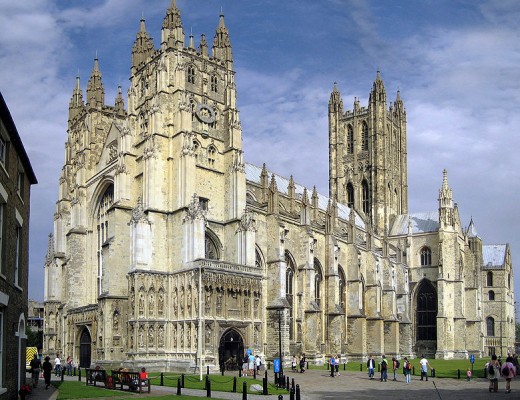
Facade San Giovanni in Laterano
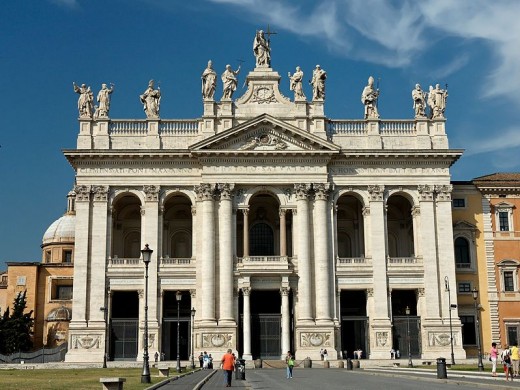
Evangelical Lutheran Worship version of the Nicene Creed (2006)
This is a current version of the prayer, there are many versions of this particular Creed and many denominations of organized religion are using it in worship services even to this day!
We believe in one God, the Father, the Almighty, maker of heaven and earth, of all that is, seen and unseen.We believe in one Lord, Jesus Christ, the only Son of God,
eternally begotten of the Father, God from God, Light from Light, true
God from true God, begotten, not made, :of one Being with the Father;
through him all things were made.For us and for our salvation he came down from heaven, was incarnate of the Holy Spirit and the Virgin Mary and was made man.For our sake he was crucified under Pontius Pilate; he suffered death and was buried.On the third day he rose again in accordance with the Scriptures;
he ascended into heaven and is seated at the right hand of the Father.He will come again in glory to judge the living and the dead, and his kingdom will have no end.We believe in the Holy Spirit, the Lord, the giver of life, who
proceeds from the Father and the Son, who with the Father and the Son
is worshipped and glorified, who has :spoken through the prophets.We believe in one holy catholic and apostolic Church.We acknowledge one baptism for the forgiveness of sins.We look for the resurrection of the dead, and the life of the world to come.
Amen.
The Nicene Creed
Here are some interesting links that provide a wealth of information and insight to the many versions of this historical prayer that has withstood the test of time! The links will provide further avenues to investigate as you curiously discover portions of the beginnings of Christianity!Enjoy your journey through this era of soul searching, early history of the forming of Christianity. You may have to copy/paste links to url space on your browser to get there.
May the Lord bless you!
English Version of the Nicene Creed currently used; Wiki link,
http://en.wikipedia.org/wiki/Nicene_Creed
The Book of Common Prayer is the common title of a number of prayer books of the Church of England and of other Anglican churches, used throughout the Anglican Communion. The first book, published in 1549 (Church of England 1957), in the reign of Edward VI, was a product of the English Reformation following the break with Rome. Prayer books, unlike books of prayers, contain the words of structured (or liturgical) services of worship. The work of 1549 was the first prayer book to contain the forms of service for daily and Sunday worship in English and to do so within a single volume; it included morning prayer, evening prayer, the Litany, and Holy Communion. The book included the other occasional services in full: the orders for baptism, confirmation, marriage, 'prayers to be said with the sick' and a funeral service. It set out in full the Epistle and Gospel readings for the Sunday Communion Service. Set Old Testament and New Testament readings for daily prayer were specified in tabular format as were the set Psalms; and canticles, mostly biblical, that were provided to be sung between the readings..
The 1549 book was rapidly succeeded by a reformed revision in 1552 under the same editorial hand, that of Thomas Cranmer, Archbishop of Canterbury. It never came into use because, on the death of Edward VI, his half-sister Mary I restored Roman Catholic worship. On her death, a compromise version, largely 1552 with a few amendments from 1549, was published in 1559. Following the tumultuous events leading to and including the English Civil War, another major revision was published in 1662 (Church of England 1662). That edition has remained the official prayer book of the Church of England, although in the 21st century, an alternative book called Common Worship has largely displaced the Book of Common Prayer at the main Sunday worship service of most English parish churches.
The Book of Common Prayer appears in many variants in churches inside and outside of the Anglican Communion in over 50 different countries and in over 150 different languages. Again in many parts of the world, more contemporary books have replaced it in regular weekly worship.
Traditional Lutheran, Methodist and Presbyterian prayer books have borrowed from the Book of Common Prayer, and the marriage and burial rites have found their way into those of other denominations and into the English language. Like the Authorized King James Bible and the works of Shakespeare, many words and phrases from the Book of Common Prayer have entered popular culture.
Empire of Nicaea
The Empire of Nicaea was the largest of the three Byzantine Greek states founded by the aristocracy of the Byzantine Empire that fled after Constantinople was conquered during the Fourth Crusade. Founded by the Lascaris family, it lasted from 1204 to 1261.
Book of common Prayer; wiki link
http://en.wikipedia.org/wiki/Book_of_Common_Prayer
For more information on pertaining to the Nicean_ Empire and history of this era go to; http://en.wikipedia.org/wiki/Nicean_Empire
It is my hope that you find this subject interesting as I did.


